Community: The Secret to Stopping Deforestation in Guatemala
The forest concessions of the Maya Biosphere Reserve have boasted a near-zero deforestation rate for 20 years.
Home / Issues / Forests & Biodiversity / Deforestation / Page 5
Tropical forests absorb more carbon than any other kind of forest. They also provide shelter, food, and livelihoods to millions of Indigenous and local people, while housing two-thirds of the world’s biodiversity. But we are losing them at an alarming pace (mostly to agriculture): In 2019, we lost a football pitch of tropical forest every six seconds. Stopping deforestation and forest degradation in the tropics is critical to the survival of humanity.
This page features information about the Rainforest Alliance's work to stop tropical deforestation and links to all our related content and resources.
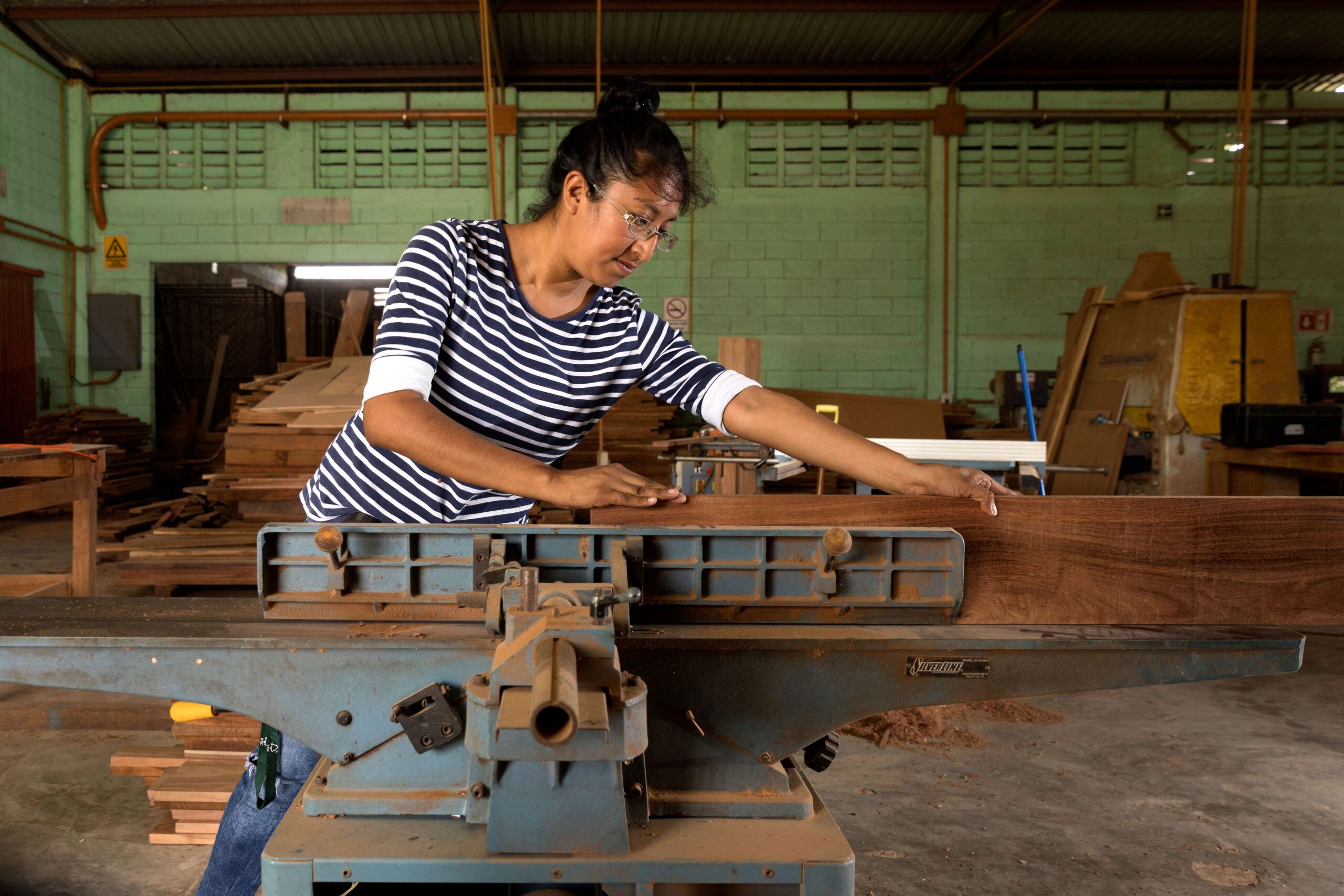
Stopping deforestation in the tropics has been at the heart of the Rainforest Alliance’s mission since its founding more than 35 years ago. Working with companies, civil society organizations, and local governments—all while centering the voices of the rural communities we partner with—we promote community forestry and regenerative agriculture throughout the tropics. Our decades of experience have demonstrated that these are the most effective strategies to keep forests standing and restore biodiversity.
This paper outlines our principles and strategies for stopping deforestation (and other forms of ecosystem conversion) in vulnerable tropical regions.
Learn how joining our Forest Allies community of practice will help your company have a greater impact on forests.
World Resources Institute (WRI) estimates the extent to which seven commodities—oil palm, soy, cattle, plantation wood fiber, cocoa, coffee, and plantation rubber—are replacing forests, and maps their impacts.
This Rights and Resources Initiative report examines the potential of community rights-based conservation to prevent biodiversity collapse.
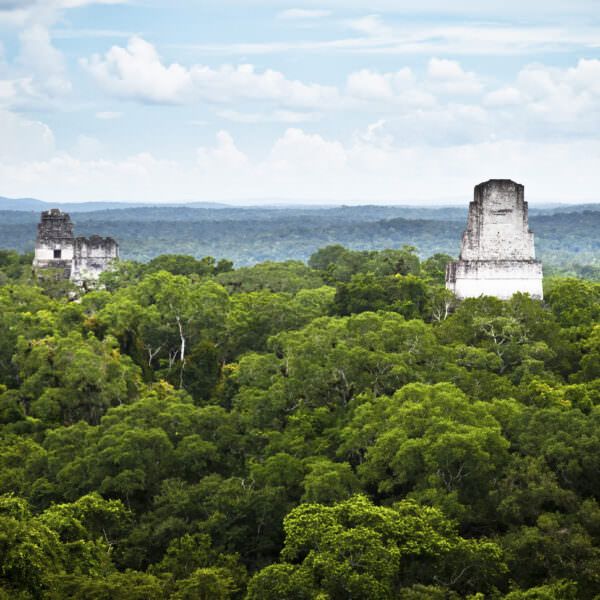
The forest concessions of the Maya Biosphere Reserve have boasted a near-zero deforestation rate for 20 years.
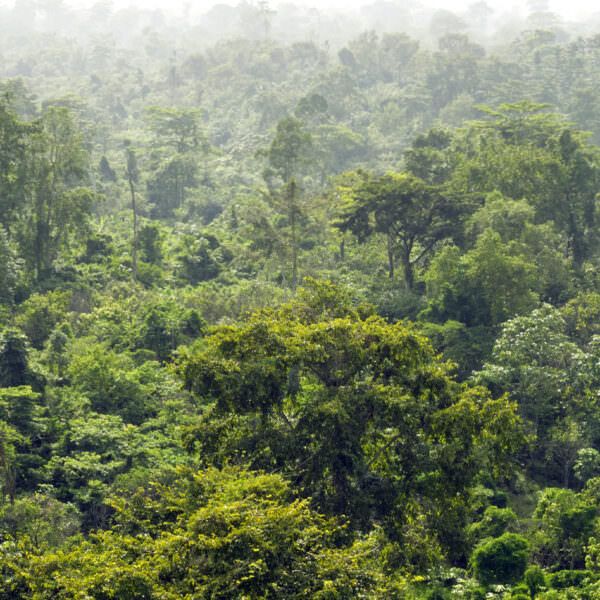
Community-led landscape management is the best long-term solution to environmental and social challenges.
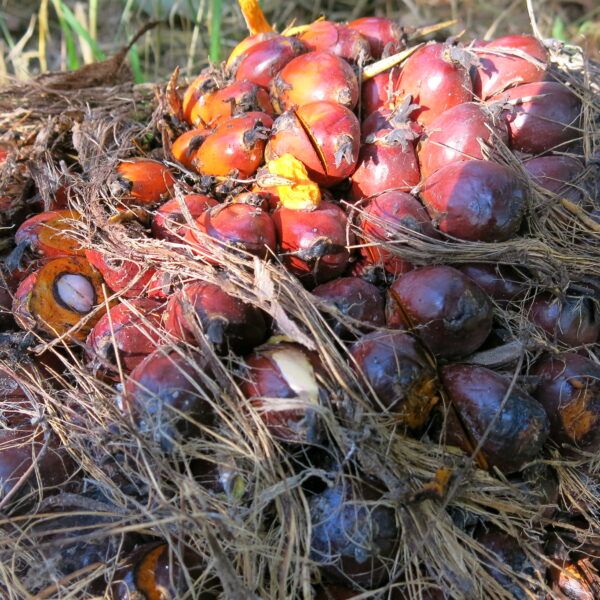
Since 2018, the Rainforest Alliance has been working in the Sintang District of West Kalimantan to promote an Integrated Landscape Management approach around oil palm and natural rubber production.
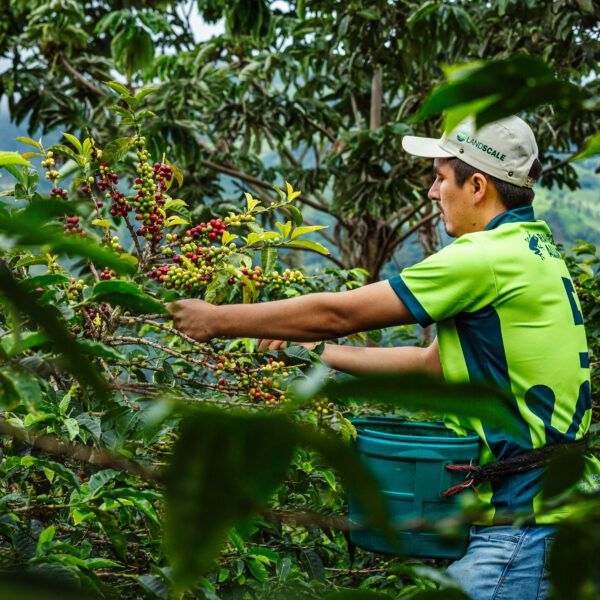
Through this initiative, the Rainforest Alliance will work with several organizations to address global environmental challenges associated with commodity-driven deforestation in some of the world’s most important tropical ecosystems and sourcing regions.

Rainforests are among the most vibrant and iconic ecosystems Earth has to offer. They are also crucial for the survival of the planet and its life.
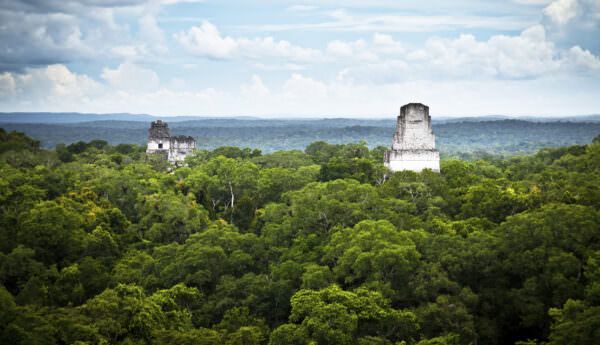
The forest concessions of the Maya Biosphere Reserve have boasted a near-zero deforestation rate for 20 years.... Continue Reading
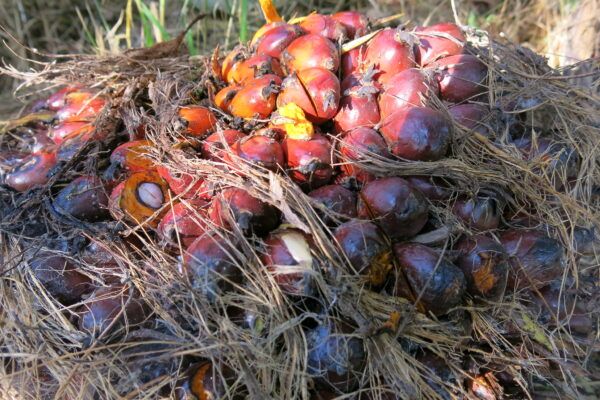
Since 2018, the Rainforest Alliance has been working in the Sintang District of West Kalimantan to promote an Integrated Landscape Management approach around oil palm and natural rubber production.... Continue Reading

This article published by the World Forestry Congress XV (Republic of Korea, 2022) summarizes the Rainforest Alliance’s work in the Maya Biosphere Reserve in Guatemala, our learnings, and our approach to scaling up community forestry. This paper aims to spark discussion about the guiding principles of integrated community forest management. The Rainforest Alliance invites partners […]

The Rainforest Alliance, CDP, Clarmondial, Conservation International, and USAID announce a transformational public-private 'Business Case' partnership to reduce cocoa and other commodity-driven deforestation, and contribute to global climate and biodiversity goals.
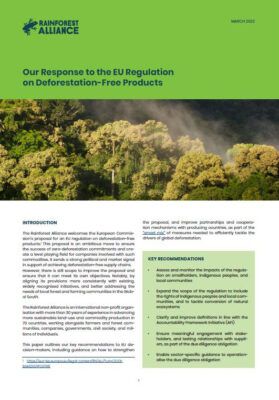
The Rainforest Alliance welcomes the European Commission’s proposal for an EU regulation on deforestation-free products. This proposal is an ambitious move to ensure the success of zero-deforestation commitments and create a level playing field for companies involved with such commodities. It sends a strong political and market signal in support of achieving deforestation-free supply chains. […]